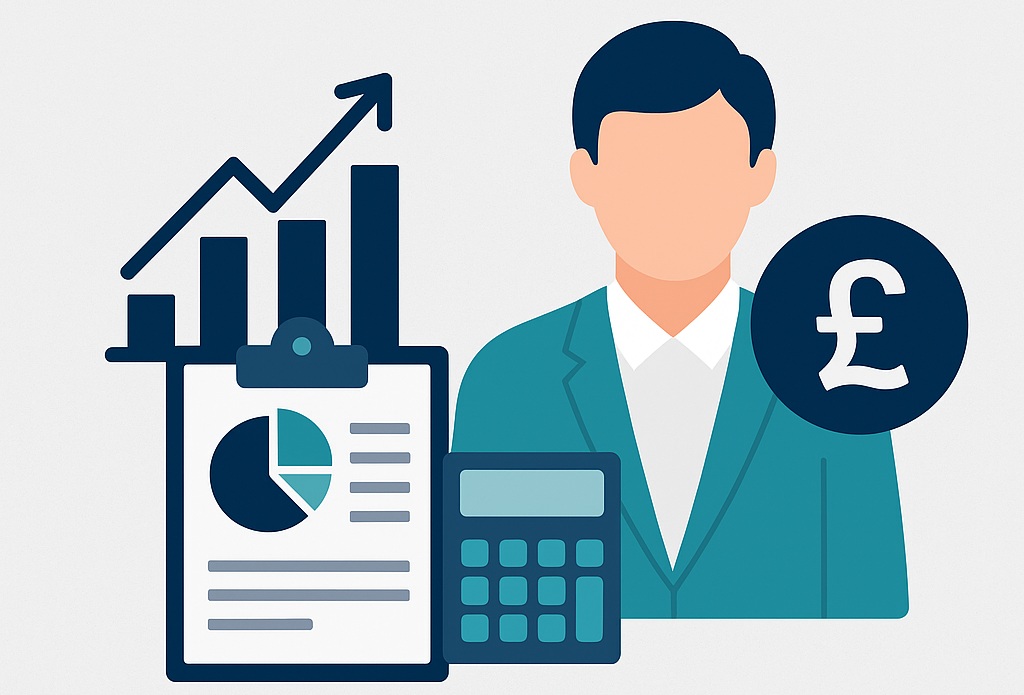How to manage employee expenses
What are employee expenses?
Employee expenses are costs incurred by employees that are reimbursed by the employer. Often these costs are incurred when it is not practical for the employer to pay. As an employer you should make sure that you have a good employee expenses policy in place. This will prevent future disagreements and structure the process of reimbursing employees.
Employers should have a system in place to check payments made to employees. As an employer you cannot ask employees to check their own expenses and your employees must keep proof of their expenditure (invoice or receipt).
Reporting employee expenses
The HMRC publish a list of expenses which can be found here. As an employer, you might need to report any expenses or benefits you provide to employees. You may also need to pay tax and National Insurance on them. There are different rules for what you have to report to HMRC depending on the expense. If the expense is deemed to be a benefit to the employee i.e. it has a personal element then there is something called a benefit in kind charge. If you’re a client we’ll help you establish these rules and report those reportable items as part of our annual P11D process which is covered by our payroll services.
Providing you are paying back actual costs or a HMRC approved rate of expenses your don’t need to report benefits like:
- business travel
- phone bills
- business entertainment expenses
- uniform and tools for work
It’s worth noting that each of the above expenses have “grey areas” so as an employer you need to make sure you are aware of the rules before you implement an expenses policy that could cost you dearly.
As an example, phone bills are non-reportable above and on the HMRC website. However if your employee arranges the phone but you pay the supplier, this expense is reportable on a P11D. Equally, business travel does not include your employees commuting into the office from home, nor visiting clients that are on route to their ordinary place of work. These are just a couple of examples, there are plenty more.
How do I manage the employee expenses process?
At Venn Accounts we encourage our clients to manage the expenses process via a platform called Dext. Dext has a dedicated employee expenses reporting tool. So you can provide each of your employees with their own app to submit their expenses for approval and payment.
TIP: employees need to wherever possible ensure they are receiving tax compliant invoices or receipts. This will enable your company to reclaim the VAT on the items.
Final thoughts on employee expenses
As a small business employer, don’t set up an employee expenses process until you absolutely have to. When you do agree to employee expenses we recommend that you make sure you have a policy and process in place to maximise your tax reclaims, keep your employees happy and prevent shock expenses.
Implementing benchmark processes
Here at Venn Accounts, we build strong partnerships with our small business clients. We can become your long-term strategic partners, providing you with the professional, cloud-based accounting support you need for saving on tax expenses – helping make for more positive company year end accounts. We work with a rich variety of sectors in the UK, from online e-commerce businesses and SME’s to tech startups.
Find out more about how we can help by calling us on 0203 627 0555, emailling enquiries@vennaccounts.com or filling in our contact form, and we’ll be in touch as soon as possible.





